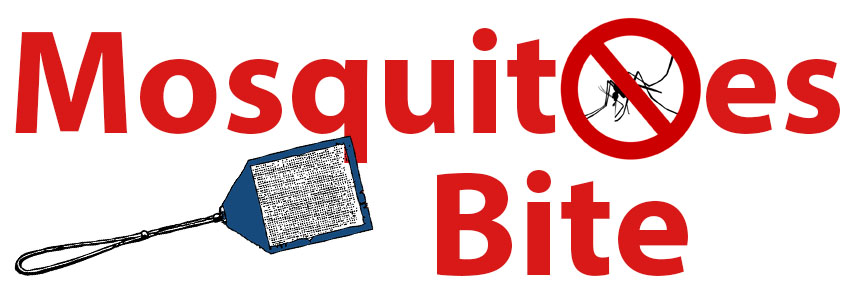Heading outside? Don’t forget the insect repellent.
2019 has been a very active year for the spread of West Nile Virus among mosquitoes in the Savannah area, and the season isn’t over yet. Chatham County Mosquito Control tests mosquitoes throughout the county for a variety of diseases like West Nile Virus. There have already been more positive tests for WNV in mosquitoes this year than in all of 2018, and we still have many weeks to go.
There have been no reported human cases of WNV in Chatham County so far this year, but according to Mosquito Control, 2019 is now the second most active year for WNV in Chatham County, with positive mosquito samples from June and July surpassing all of 2018.
WNV is primarily found in birds but can be transmitted to humans when a mosquito feeds on an infected bird, and then feeds on a person. Fortunately, most people who get WNV won’t even show symptoms. About 1 in 5 who get the virus will have mild illness, with symptoms such as a fever, headache, body aches, joint pains, vomiting, diarrhea, or rash.
But for a small number of people, the virus can be very serious, causing inflammation of the brain and lining of the spinal cord. Two people died from WNV in Georgia last year, and 167 people died from WNV in the US in 2018.
There is no vaccine for WNV, so the best protection is to prevent mosquito bites.
The Coastal Health District encourages everyone to follow the 5 Ds of mosquito bite prevention:
 Dusk/Dawn
Dusk/Dawn
Mosquitoes are most active at dusk and dawn. If you can, avoid going outside at dusk and dawn to reduce your chance of being bitten.
 Dress
Dress
Wear loose-fitting, long sleeved shirts and pants to reduce the amount of exposed skin. If the mosquitoes can’t get to your skin, they can’t bite you.
 DEET
DEET
Any skin that is exposed should be covered with an insect repellent containing DEET, which is the most effective repellent against mosquito bites. Be sure to follow the instructions on the label regarding how to apply and how often to reapply.
 Drain
Drain
Mosquitoes need standing water for breeding, so be sure to empty any containers holding stagnant water, such as buckets, barrels, flowerpots, and tarps. Be especially mindful after a rain, and toss any standing water to discourage mosquito breeding around your home.
 Doors
Doors
Make sure doors and windows are in good repair and fit tightly. If you have screens on your windows and doors, be sure to fix any rips or tears so mosquitoes can’t get through the screens and into your home.
County Mosquito Control is actively treating all areas of Chatham County for mosquitoes. Residents should expect to see Mosquito Control’s low flying, yellow helicopters on a regular basis throughout the county.





